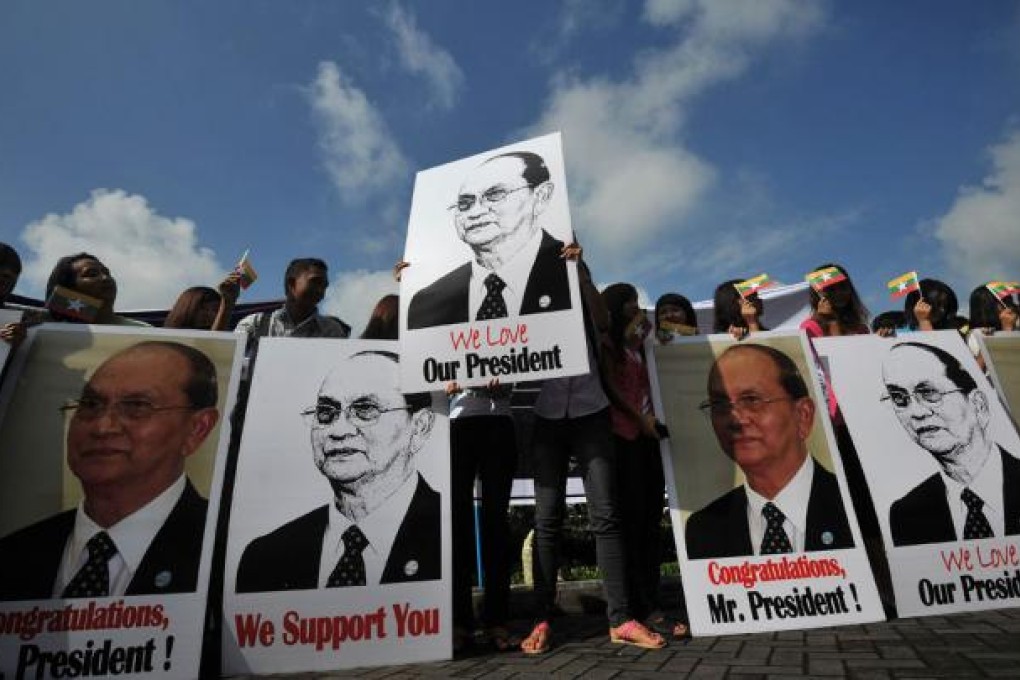Hurdles to Myanmar's democratic reform
Pavin Chachavalpongpun says no forecast of Myanmar's prospects, however upbeat, can ignore its many problems, not least the ethnic clashes

Myanmar's president, Thein Sein, has ended his first-ever visit to the United States. Last week, he was in New York for the annual UN General Assembly and held an eagerly awaited discussion with US Secretary of State Hillary Rodham Clinton. Thein Sein also caught up with Aung San Suu Kyi, the leader of the opposition National League for Democracy (NLD), who was invited by the US Congress to receive one of its highest awards given to a foreigner. Remarkably, Suu Kyi seems to have become the de facto spokeswoman of the Thein Sein government.
The mood was upbeat. Thein Sein and Suu Kyi both urged the US government to abolish its decades-old sanctions against Myanmar. As expected, the US, which once adopted a hardline stance against Myanmar's brutal military regime, is now only too happy to applaud the Thein Sein government's efforts to implement political reforms.
US President Barack Obama has agreed to lift almost all sanctions, including the ban on Myanmar's exports to the United States.
In Myanmar, signs of democracy are emerging. Hundreds of political prisoners have been set free. The local media has more freedom, although it is still controlled by the state. The government is allowing trade unions to form. Environmental and human rights organisations have sprung up. People have come to believe that, with democratic reforms, their lives might be about to change for the better.
But this optimism is obscuring some hard truths. Recently, a group of Myanmar experts at the Australian National University listed a number of potential threats to the country's democratisation process: resurgent civil war, communal conflict, and constraints on the burgeoning print news media; all cast doubt on the country's short-term prospects.
Moreover, the goal of national reconciliation is frustrated by the impunity that the army enjoys. And although the NLD swept the by-elections earlier this year, the party continues to be dominated by a single personality and has yet to build a platform on which to present itself as a viable alternative to the military-established Union Solidarity and Development Party, which currently holds a majority of seats in the national legislature.